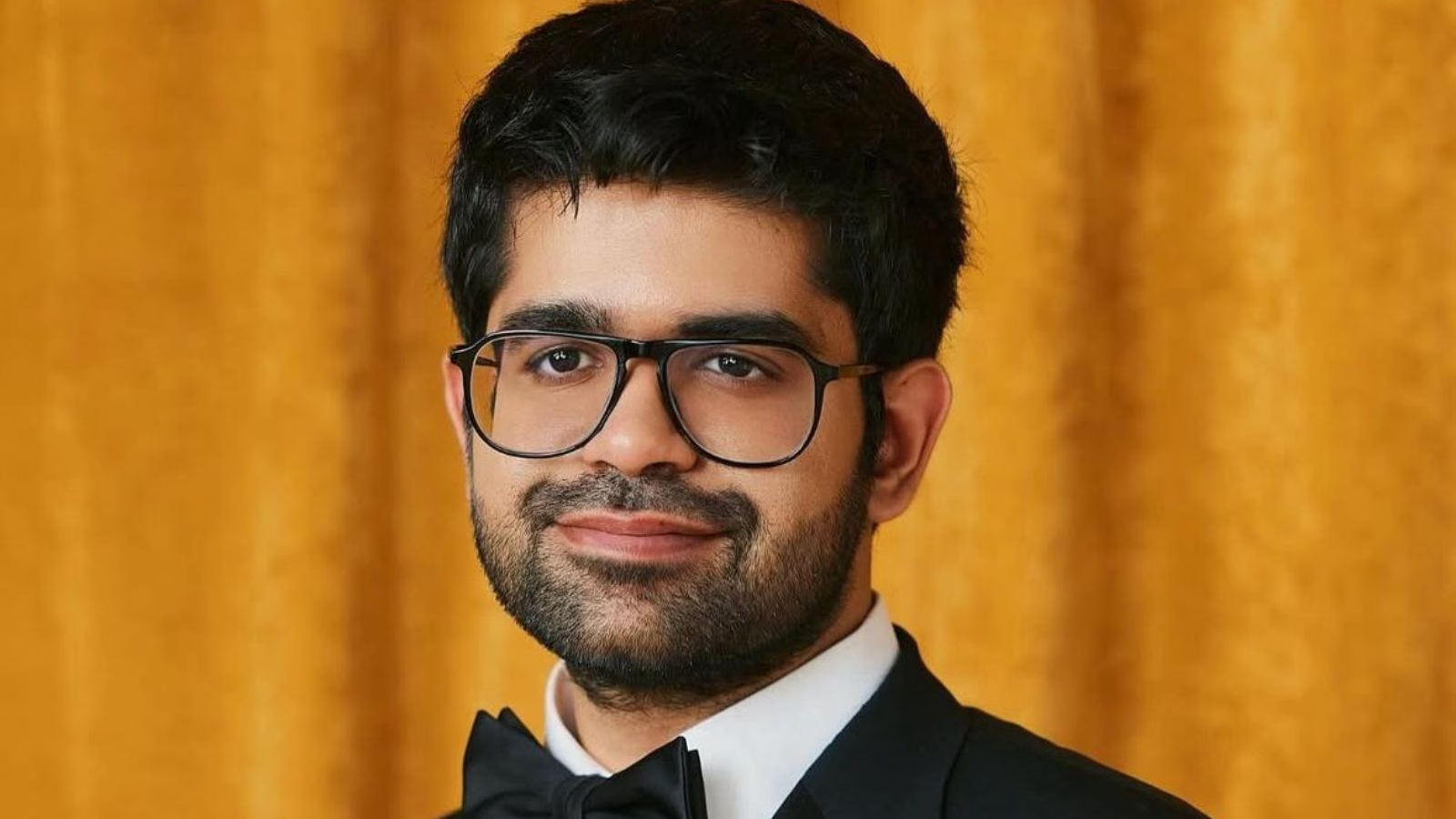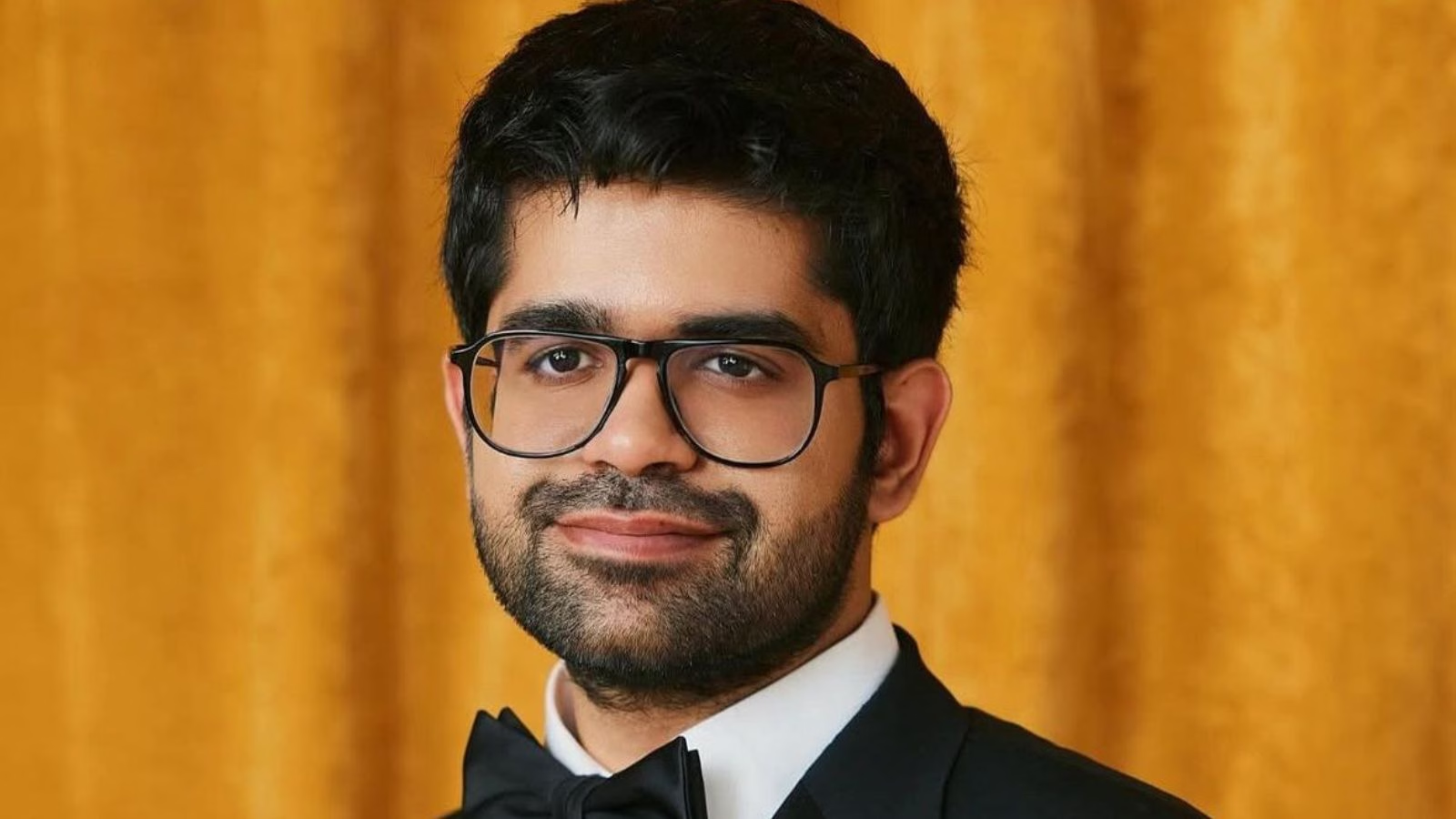New Take on Time Capsule
Ever thought about writing down something really profound and putting it in a vault so that when your biographer opens it 50 years from now, people will say, 8216;8216;Gee, Gugliotta was even smarter than we thought.8217;8217;

Ever thought about writing down something really profound and putting it in a vault so that when your biographer opens it 50 years from now, people will say, 8216;8216;Gee, Gugliotta was even smarter than we thought.8217;8217;
This is the principle behind Earth Capsule, less than 2 months old, and only operational since mid-April. For 1 you can write a message for posterity and file it in an electronic time capsule to be sent to repositories in more than 150 cities around the world and opened in 50 years. In India these are at Delhi, Kolkata, Mumbai, Hyderabad and Bangalore.
Earth Capsule earthcapsule.com, will also upload music, images or documents at 1.95 for the first megabyte, 1 for each additional megabyte. And a portion of each fee can be allotted to charities that are partnering with Earth Capsule. Whether this ultimately works remains to be seen.
Earth Capsule has been 8216;8216;doubling our customer base every couple of days,8217;8217; said Jason Ressler, one of the founding partners, but he acknowledged that after only a month 8216;8216;this is not saying much.8217;8217; Still, Earth Capsule offers immortality on the cheap, which, as theologians have known for many years, is hard to turn down. 8216;8216;People like to save things,8217;8217; Ressler said in a telephone interview. 8216;8216;We felt like the best way to preserve stuff was to use the Internet. The Web has socialised communications in terms of news, and we wanted to it in terms of history.8217;8217;
Ressler and co-founder Evan Strome, both 35, are New York-based writers and filmmakers. Ashley Rindsberg, the third member of the triumvirate, is the 24-year-old electronics wiz who put the website together and figured out the technology. Earth Capsule uses 8216;8216;HD-ROM8217;8217; metal disks to store microprinted information that can be read with a magnifying glass. It is somewhat low-tech in today8217;s terms, 8216;8216;like a supermicrofiche,8217;8217; Ressler said, but the disks 8216;8216;are able to preserve stuff for 1,000 years,8217;8217; which is what Earth Capsule is after. Ressler said the company plans to collect uploads for a year, then send them to repositories in cities around the world, or pack them in aluminum canisters and drop them in Lake Nicaragua, the middle of the Indian Ocean and 42 other bodies of water, your choice.
By the time this happens, Earth Capsule hopes to have trust agreements with organisations in all the repository cities. The company is contacting historical societies, consulates, city halls and other groups to set up the infrastructure. The idea is that these entities, supervised by a board of trustees set up by Earth Capsule, will sit on the information for 50 years, then open it up.
The early clientele includes a lot of young people, such as the 18-year-old Singaporean who urged friends on her blog to file to Earth Capsule: 8216;8216;So cool, right 8230; imagine yourself writing a message about yourself in the present 8230; and read it 50 years later again. It will be so funny and memorable.8217;8217; Maybe for her, but for others who can do the math, posterity is the ultimate audience. They may hate your stuff now, but in 50 years it8217;ll be going crazy at Barnes 038; Noble.
Guy Gugliotta
- 01
- 02
- 03
- 04
- 05































